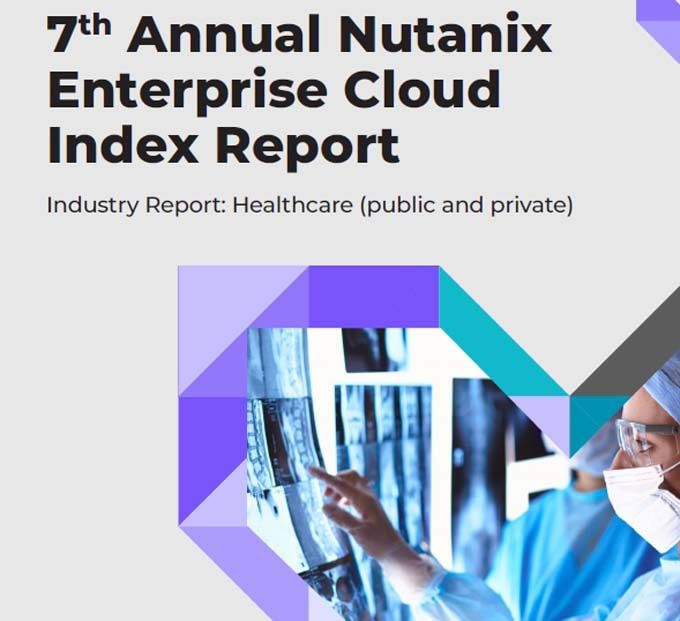Winning communication in the digital age
Modern communication media often tempt us to communicate with other people "en passant", i.e. casually. This can have dramatic consequences for the quality of our contacts and relationships.
Our communication behaviour has changed a lot. In the past, short questions to or from colleagues, customers and suppliers were usually clarified with a phone call, today this often happens via email or chat message. With this "modern" communication, however, one thing often falls by the wayside: people and their needs. Every person wants to be perceived and taken seriously as an individual. As a customer, they want to be wooed, as an employee they want appreciation and recognition and as a business partner they need eye contact to build trust.
An unreflective approach to these needs and modern communication media can have dramatic effects on the quality of our contacts and relationships. Therefore, here are some tips on how to have a winning communication in the digital age, because people value.
Tip 1: Human Awareness (personal attention).
Personal contact still counts. This is often forgotten when networking via social media. A high number of digital contacts may seem impressive to outsiders, but ultimately it is the quality and not the number of contacts that determines the sustainability of your network. You can increase the quality of your contacts primarily by maintaining them offline, i.e. in real life.
Tip 2: Social Awareness.
Rather "robust" contemporaries often misunderstand empathy. They are exaggeratedly formulated the view: I have to laugh when the other person does. And if he cries? I should do that as well. This can be an expression of empathy, but it is not necessarily so. It is much more important to listen to the other person and to perceive and accept him as a human being. From the resulting connection and basis of trust, empathic people then develop solutions or ideas that ideally help the other person to solve his or her problem, for example.
Tip 3: Incident Awareness.
The choice of communication medium has a decisive influence on the course and outcome of a situation. For example, it makes a huge difference whether you formulate praise by mail, telephone or face to face. The same applies to criticism or making agreements. Especially when we are under time pressure, we often tend to communicate with other people by e-mail, for example - in the hope of saving time and because of the false assumption that we always have to react quickly. However, those who respond quickly are more likely to make mistakes and forget crucial details. And above all, when communicating quickly by e-mail or chat, appreciation and recognition for the other person often fall by the wayside. Communication is reduced to information.
Tip 4: Digital Awareness (digital credibility).
Do you (and your business) deliver in real life what you promise online? Let's assume you advertise for customers with the terms "personal" and "trustworthy". Then phone calls on the open street, in the airport lobby or on the train - where everyone can listen in - do not fit this (advertising) promise. Digital awareness is about synchronizing the messages you send out in digital communication with those in personal contact, so that you (and your company) come across as credible. More and more people are attaching great importance to the credibility and authenticity of a person, organisation or brand when making their (purchasing) decisions. Executives and salespeople in particular should be aware of this.
Tip 5: Timeout awareness (taking timeouts).
Define times when you primarily take care of yourself and the people who are important to you or for you - times when your PC and smartphone are switched off. Because how do your colleagues, employees or customers measure, for example in meetings, how much importance you attach to them and the topic being discussed? Also by whether said media are switched off. And rightly so! Because only then can you concentrate fully on the situation and your counterpart.









